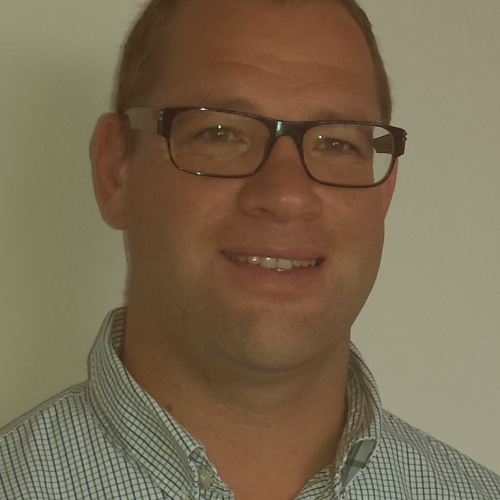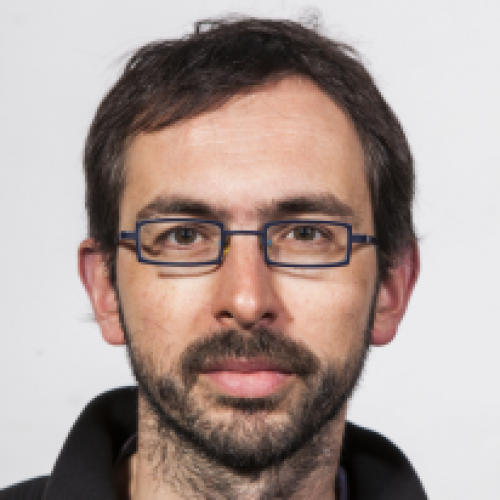
Nederlands (English below)
Rioolwaterzuiveringen (RWZI’s) zuiveren huishoudelijk en industrieel afvalwater dat vervolgens als effluent naar het oppervlaktewater wordt afgevoerd. Hoewel de effluentkwaliteit de afgelopen jaren heel sterk is verbeterd, vragen onder andere opkomende organische microverontreinigingen (OMV’s) zoals medicijnresten, pesticiden en PFAS-verbindingen steeds meer aandacht.
Via het Vlaanderen-Nederland Interregproject Schone Waterlopen door O3G willen verschillende partners in Vlaanderen (Vlakwa, AM-Team, Aquafin, CAPTURE, Universiteit Antwerpen en Universiteit Gent) en Nederland (Hogeschool Zeeland, PureBlue Water en Waterschap de Dommel) demonstreren dat Ozonisatie (O3) in combinatie met Granulair Actief Kool (GAK) kan worden ingezet op RWZI’s als een innovatieve, doelmatige en kostenefficiënte nabehandelingstechniek die de oppervlaktewaterkwaliteit verbetert in Vlaanderen en Nederland.
Ozonisatie is een uiterst efficiënte techniek om een breed scala aan organische microverontreinigingen te verwijderen, maar heeft als nadeel dat er schadelijke nevenproducten zoals bromaat en transformatieproducten gevormd kunnen worden. Een hogere ozondosering, die nodig is voor verregaande verwijdering van OMV’s, leidt hierbij ook tot een groter risico op de vorming van die nevenproducten. Bij GAK-filtratie worden die nevenproducten niet gevormd, maar is een frequente regeneratie van het actief kool noodzakelijk, wat dan weer leidt tot hoge kosten en een grote CO2-voetafdruk.
Daarom wordt in dit project onderzocht hoe deze twee technologieën zo goed mogelijk op elkaar kunnen worden afgestemd om een zo hoog mogelijke OMV-verwijdering te behalen met een minimale vorming van nevenproducten, een minimale GAK-regeneratie en een optimaal energie- en grondstoffenverbruik.
Binnen het project zullen onder andere testen worden uitgevoerd op nieuwe volle-schaal installaties bij Aquafin te Aartselaar en bij Waterschap De Dommel te Tilburg.

English
Wastewater treatment plants (WWTPs) treat domestic and industrial wastewater, which is then discharged as effluent into surface water. Although the quality of effluent has significantly improved in recent years, emerging organic micro-pollutants (OMPs) such as pharmaceutical residues, pesticides, and PFAS compounds are attracting increasing attention.
Through the Interreg project "O3G," various partners in Flanders (Vlakwa, AM-Team, Aquafin, CAPTURE, University of Antwerp and Ghent University) and the Netherlands (Hogeschool Zeeland, PureBlue Water, and Waterschap de Dommel) aim to demonstrate that Ozonation (O3) combined with Granular Activated Carbon (GAC) can be implemented at WWTPs as an innovative, effective, and cost-efficient post-treatment technology that improves surface water quality in Flanders and the Netherlands.
Ozonation is a highly efficient technology for removing a wide range of organic micro-pollutants, but it has the drawback of potentially forming harmful by-products such as bromate and transformation products. A higher ozone dosage, necessary for extensive removal of OMPs, also increases the risk of forming these by-products. GAC filtration does not form these by-products, but frequent regeneration of the activated carbon is necessary, leading to high costs and a significant carbon footprint.
Therefore, this project investigates how these two technologies can be combined to achieve the highest possible OMP removal with minimal by-product formation, minimal GAC regeneration, and optimal energy and resource consumption.
The project includes tests on new full-scale installations at Aquafin in Aartselaar and at Waterschap De Dommel in Tilburg, among other activities.


